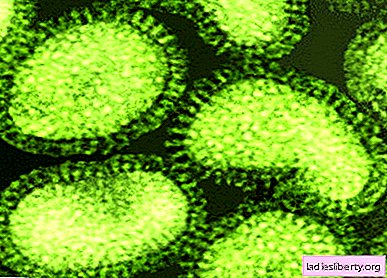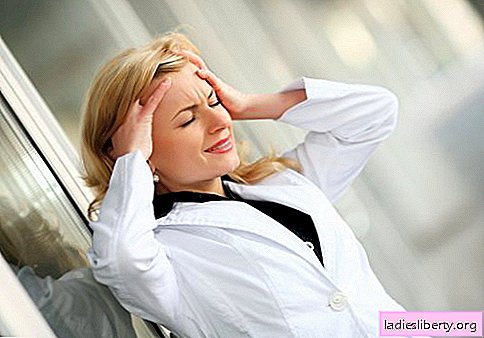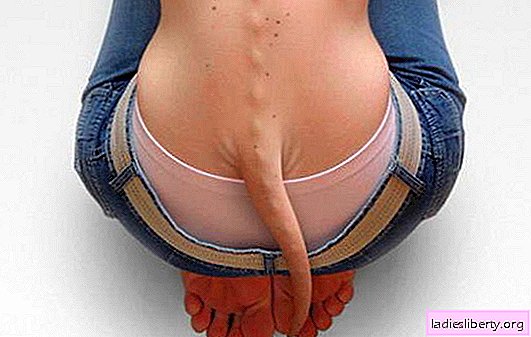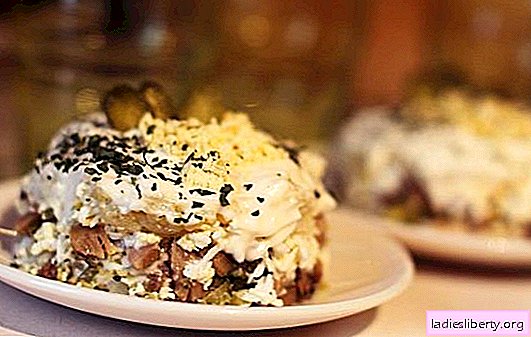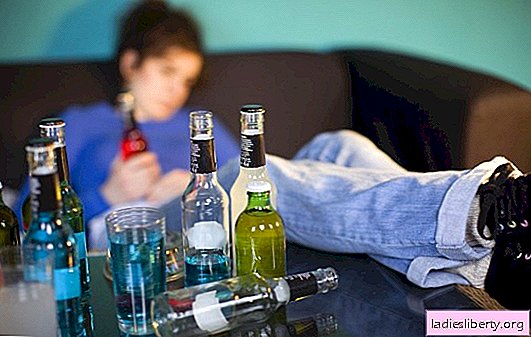
Binge - this is when a person himself can no longer stop. Three, four or more days of continuous “personal alcohol cruise” requires outside intervention. Continuous consumption of alcoholic beverages can cause both mental and physical dependence.
According to research by the University of Cincinnati, drinking any kind of alcohol has an adverse effect on human organs. There is no “healthy” minimum dose of alcohol. Alcohol causes about 6% of cancers and does not help with cardiovascular diseases.
Alcohol increases the chance of a DNA mutation. Reducing alcohol consumption is considered an effective way to reduce the risk of cancer. Therefore, in some countries, warning signs are added to the drinks, similar to those of cigarette packages.
How to get out of binge at home will tell the doctor. Independently withdrawing a person from prolonged abuse of use is not recommended.
How to remove from hard drinking at home: herbal medicine
Grind thyme, pour boiling water and leave in a water bath for 20 minutes. Then strain and offer to drink the resulting mixture.
Doctor's comment:thyme was used as a medicinal plant to treat serious wounds. Dry or fresh herbs are used as a source of essential oils. For the production of a pharmaceutical product in accordance with the European Pharmacopoeia, only two types of thyme are allowed.
According to the Spanish food database, it is iron-rich food, providing 123.6 milligrams per 100 grams. Thyme does not help get out of hard drinking, but is able to make up for the lack of iron.
Pour 10-30 g of bearberry leaves with boiled water and allow the patient to take 2-3 times a day.
Doctor's comment:bearberry leaves contain tannins and flavonoids, which have minor antidiarrheal and anti-inflammatory effects. Allantoin has an antibacterial effect. Leaves are indicated for urinary tract infections: cystitis, pyelonephritis, prostatitis, urethritis. They are also used locally for conjunctivitis, periodontopathy, pharyngitis, dermatitis, erythema, pruritus, vulvovaginitis.
The plant is contraindicated during pregnancy. Tannins can irritate the stomach lining. In this case, the concentration and dosage should be reduced. Excess tannins should be removed with activated carbon or other absorbent substances. The prescription is useless, since it practically does not affect patients.
Daily use of hellebore water
Doctor's comment:common hellebore is a very poisonous plant. All parts contain toxic alkaloids, but especially rhizomes. The plant is used as a diuretic.
In ancient Greece, hellebore helix was prescribed for menstrual pain.
The alkaloids content decreases with increasing plant height.
Symptoms of poisoning include vomiting, acute diarrhea, a feeling of cold, muscle cramps, hallucinations, shortness of breath, and collapse conditions. Death can occur between three and twelve hours after taking the poison.
If the symptoms of intoxication intensify, you must visit a hospital or consult an emergency doctor. As a countermeasure, you should introduce activated charcoal and repeat the gastric lavage with potassium permanganate.
The recipe is potentially life-threatening and will not help either remove from hard drinking or make up for the deficiency of substances in the body.
Pour European hoofed honey with honey, hot water, lemon juice and leave to stand for 4 days away from sunlight. Take 4 times a day.
Doctor's comment:all parts of European ungulates are poisonous. The main active ingredients are essential oil and asaron, a toxic alkaloid. In addition to plants that do not contain asaron, there are also those whose essential oil contains up to 90% trans-isoazarone or isogenol.
Symptoms of intoxication include burning in the mouth and throat, nausea, vomiting, stomach pain, gastroenteritis with diarrhea, and uterine bleeding.
In extreme cases, death can occur due to central paralysis of the respiratory system.
The recipe is extremely life-threatening. It is recommended to refuse to use the plant against binge.
How to remove from hard drinking at home: Food
Daily use of high doses of vitamin C.
Doctor's comment:Vitamin C is an antioxidant that activates many enzymes, facilitates the absorption of iron, and affects the synthesis of corticosteroids and some neurotransmitters. It also supports the normal condition of connective tissue, strengthens the gums and teeth. Ascorbic acid facilitates wound healing, stabilizes the psyche and takes part in the transformation of tyrosine.
Ascorbic acid is not toxic, but if taken in excess (above 2 g per day), it can cause nausea, diarrhea, vomiting, skin rash. Typically, excess Vitamin C is excreted in the urine.
Due to the metabolic effect of vitamin C, it is recommended to avoid the consumption of higher doses (i.e. more than 500 mg per day) in the presence of kidney stones that include calcium oxalate or uric acid. The same recommendation applies to people with conditions such as hemochromatosis, thalassemia, and sideroblastic anemia. According to some studies, limited intravenous high doses of vitamin C should not increase the risk of urolithiasis. A prospective analysis of the year 2015 showed that supplementation with vitamin C increases the risk of kidney stones in men, but not in women.
High doses of activated carbon for severe alcohol poisoning.
Doctor's comment:activated carbon does not adsorb ethyl alcohol, contrary to common misconceptions. The use of coal in large doses does not have any therapeutic effect and does not reduce the degree of poisoning.
Consumption during binge of foods with a high content of organic acids or purines.
Doctor's comment:ethanol increases the concentration of purines and, consequently, uric acid. Consuming foods that are rich in purines or acids increases the risk of developing gout, as well as urolithiasis. Advice is extremely dangerous and ineffective.
Rosehip broth.
Doctor's comment:Rosehip contains a high dose of ascorbic acid, which, however, does not affect alcoholism. The constant use of fluid helps eliminate hypovolemia, but the effect is more likely comparable to placebo.
How to remove from hard drinking at home: dangerous methods
Diphenhydramine and other drugs from a home medicine cabinet.
Doctor's comment:the combined use of idifenhydramine alcohol can have a hallucinogenic effect, which occurs, in particular, at high doses (above the therapeutic range of 200 mg).
At high doses, diphenhydramine can be fatal.
It is forbidden to use drugs during binge, as they can interact with ethanol.
Many drugs are incompatible with alcohol and can cause significant harm to the patient’s health.
The use of acetylsalicylic acid even in a small dose can significantly increase the tendency to internal bleeding and lead to fatal consequences.
An effective method, how to remove from hard drinking at home, does not exist. The patient should contact a specialized clinic in which he will be given psychotherapeutic and psychopharmacological assistance.

